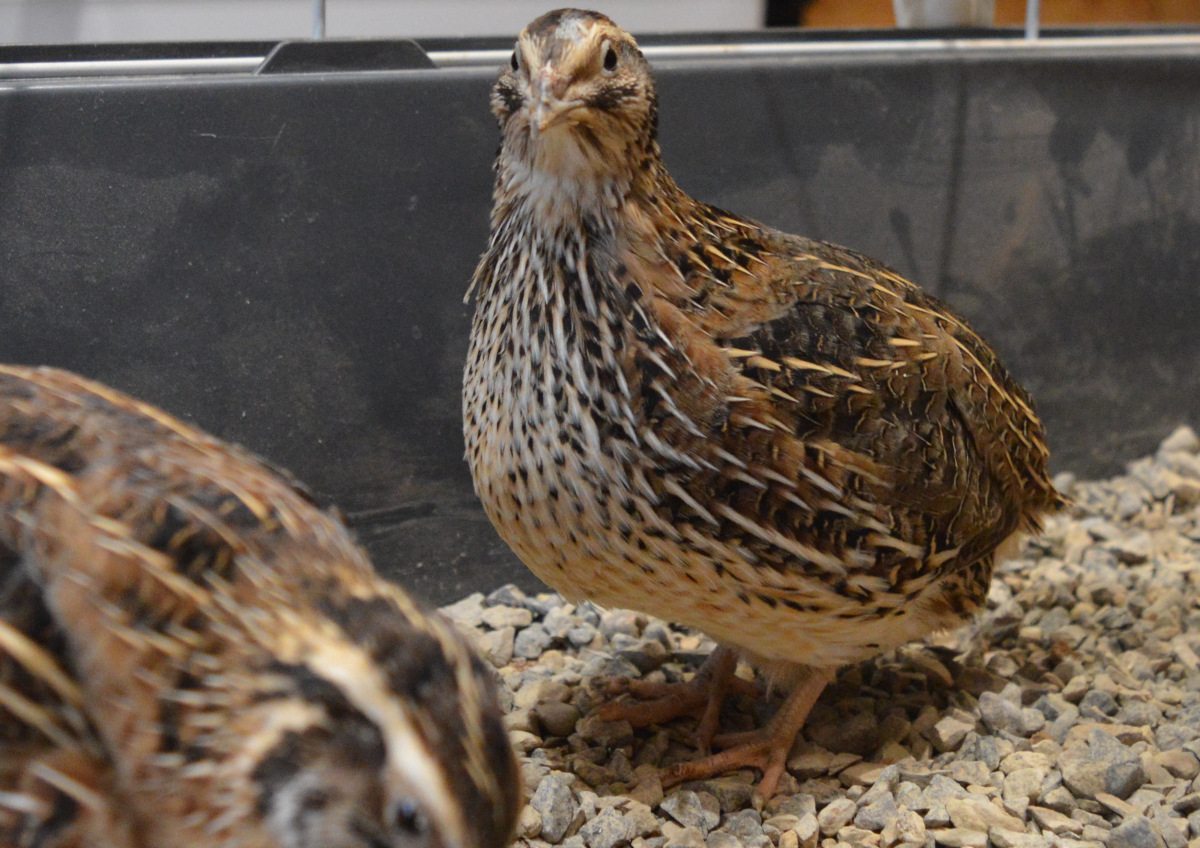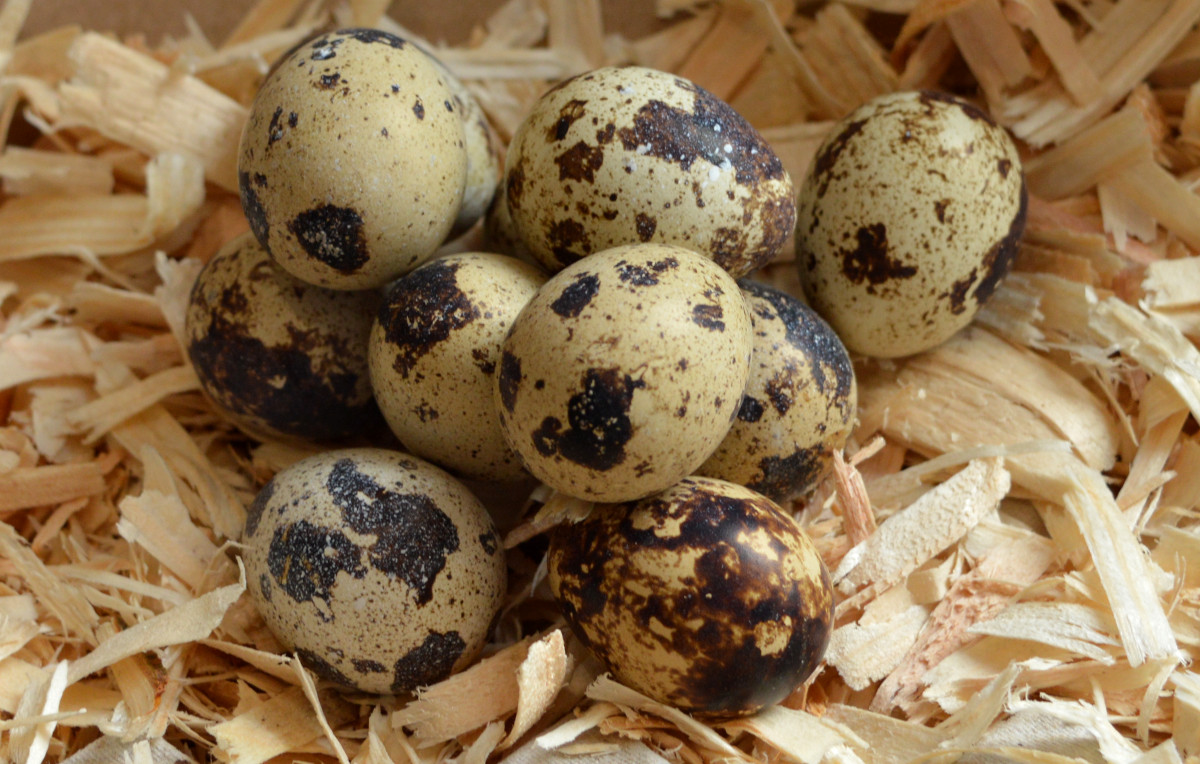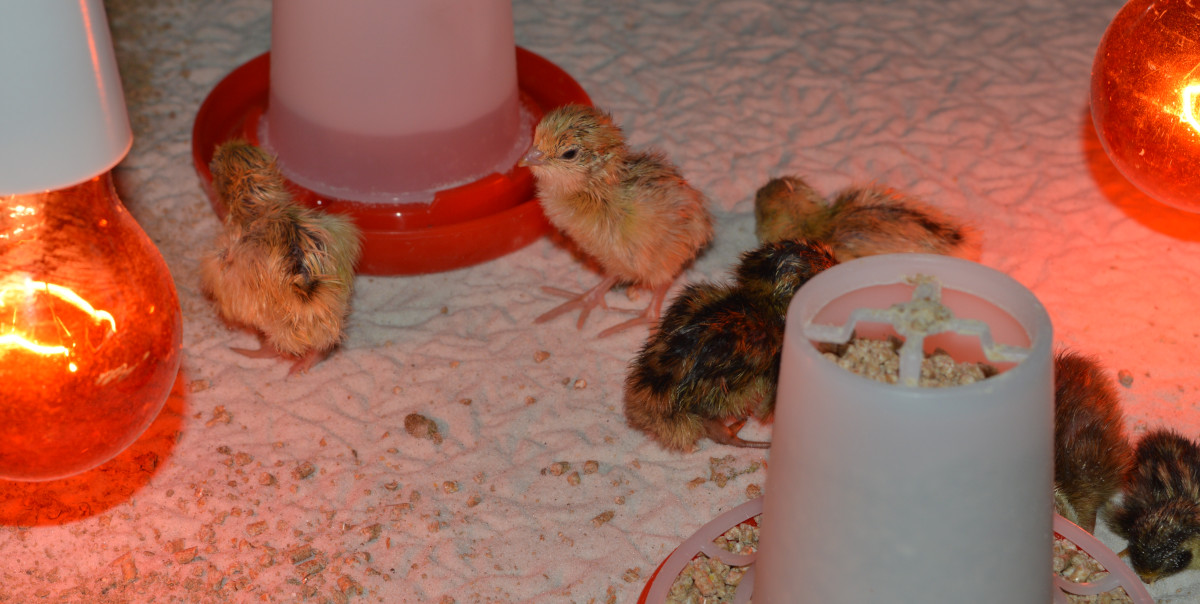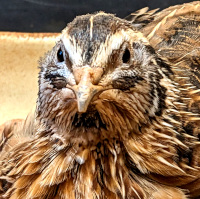How much do quail cost, tips for picking the best birds and where to buy them.

Quail can range in price from a dollars or two to around $10 or more per bird.
Table of Contents
The cost of quail can vary depending on several factors, including:
Type of quail: Some breeds are more expensive and more difficult to rear.
Age: Chicks are generally cheaper than adult birds. However, they require more care and time to grow. Buying hatching eggs is the cheapest way to get started in quail and that was how I did it.
Location: Prices can vary depending on the availability of quail in your area. Urban areas may have higher prices due to limited supply.
Below: Buying hatching eggs is a good way to start. They are also easily sent by courier.

This is what you should be looking for when choosing and then storing quail hatching eggs.
Source: You can buy quail from hatcheries, farms, feed stores, and even some online retailers. Prices may vary depending on the source.
How much will quail cost?
The cost of quail can vary based on several factors, including the quail breed, age, and whether you're purchasing chicks or mature birds. Here are some general guidelines:
Quail Chicks:
- Coturnix quail chicks are commonly available and are often priced between $1 to $3 per chick.
- Rare or speciality breeds may be more expensive, ranging from $3 to $5 per chick.
Mature Quail:
- Adult Coturnix quail typically cost between $5 to $10 per bird.
- Speciality breeds or those raised for specific traits may be priced higher, reaching up to $15 or more per bird.
Hatching Eggs:
- If you prefer to hatch your own quail, hatching eggs are an option. Prices for a dozen fertile Coturnix quail eggs can range from $5 to $10, depending on the source.
Rare or Speciality Breeds:
- Rare quail breeds or those with unique characteristics may come at a higher cost. Prices can range widely, from $5 to $20 or more per chick or adult bird.
Local Availability:
- Prices may also vary based on your location and the availability of quail in your area.
It's essential to consider additional costs, such as housing, feed, bedding, and medical care, when budgeting for quail keeping. Additionally, purchasing from reputable breeders or suppliers can ensure the health and quality of the quail you acquire.
Below: Buying day old quails is one solution. They are difficult to transport around.

Prices mentioned here are approximate and can fluctuate based on market conditions and individual sellers.
Where to get quail from:
It's important to note that prices may also vary based on your location and the availability of quail in your area.
You can purchase quail or quail hatching eggs from various sources, including:
Local Breeders: Check with local quail breeders or farmers. They may sell quail directly or be able to point you to places where you can find them.
- Facebook groups: There are contacts to be had in social media groups.
- Online Marketplaces: There are online platforms and websites where you can find quail for sale. Make sure to verify the credibility of the seller and check reviews if you're using online platforms.
- Farm Supply Stores: Some farm supply stores or agricultural co-ops may offer quail for sale.
- Livestock Auctions: Check if there are any livestock auctions or poultry auctions in your area. You might find quail being sold at these events.
- Hatcheries: Some hatcheries specialise in selling poultry, including quail. You can order quail chicks or eggs from these hatcheries.
Before purchasing quail, it's essential to research the specific requirements for their care, as well as any local regulations or restrictions on keeping quail. Additionally, ensure that you are buying from reputable sources to get healthy birds.
What to look for when buying quail to make sure you get the best birds:
Here are some key aspects to consider when assessing quail for purchase:
- Lively and active: Look for healthy birds that are alert and moving around their enclosure. Lethargy or inactivity could indicate illness.
- Bright eyes and clean feathers: Eyes should be clear and bright, not cloudy or watery. Feathers should be clean and smooth, not ruffled or matted.
- Plump and well-nourished: The birds should look healthy and well-fed, with a good ratio of meat to bone. Avoid any that are skinny or appear malnourished.
- No signs of injury or disease: Check for any visible signs of injury, sores, or parasites.
- Fresh and clean aroma: Avoid quail with a strong or unpleasant odour.
- Eggs for hatching: If you are purchasing eggs for hatching make sure the shells are clean and without cracks or blemishes and that the eggs are roughly 1.4 times as long as they are wide.
- Purpose-specific age: For egg production, young hens at laying age (around 5-6 months) are ideal. For meat, slightly older birds (around 8-10 weeks) tend to have more meat. For pets, any age can be suitable, but younger birds will bond more easily.
- Sexing considerations: If you want egg production, you'll need hens. If you're raising for meat, males will grow quicker. Some breeds are easier to sex than others, so do your research on the specifics.
- Consider your goals: Choose a breed that fits your needs. Consider size, temperament, and egg-laying capacity when choosing.
- Local availability: Some breeds are easier to find than others in your area. Ask local breeders, hatcheries, or poultry clubs for recommendations on readily available varieties.
- Research the seller: Choose a reputable breeder or hatchery with a good track record and a reputation for animal welfare. Ask for references or read online reviews.
- Ask questions: Don't hesitate to ask the seller about the birds' history, diet, and any health concerns.
- Vaccinations and worming: Some breeders may have already vaccinated or wormed their birds. Ask about any preventative measures taken.
- Transportation and housing: If you're buying online or from a distant seller, consider transportation arrangements and ensure you have appropriate housing ready for the birds.
Remember, the best quail are healthy, well-suited to your goals, and come from a reputable source. Taking your time, asking questions, and carefully inspecting the birds will help you make an informed decision and get the best quail for your needs.
